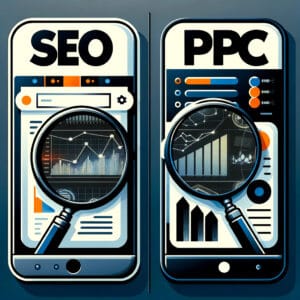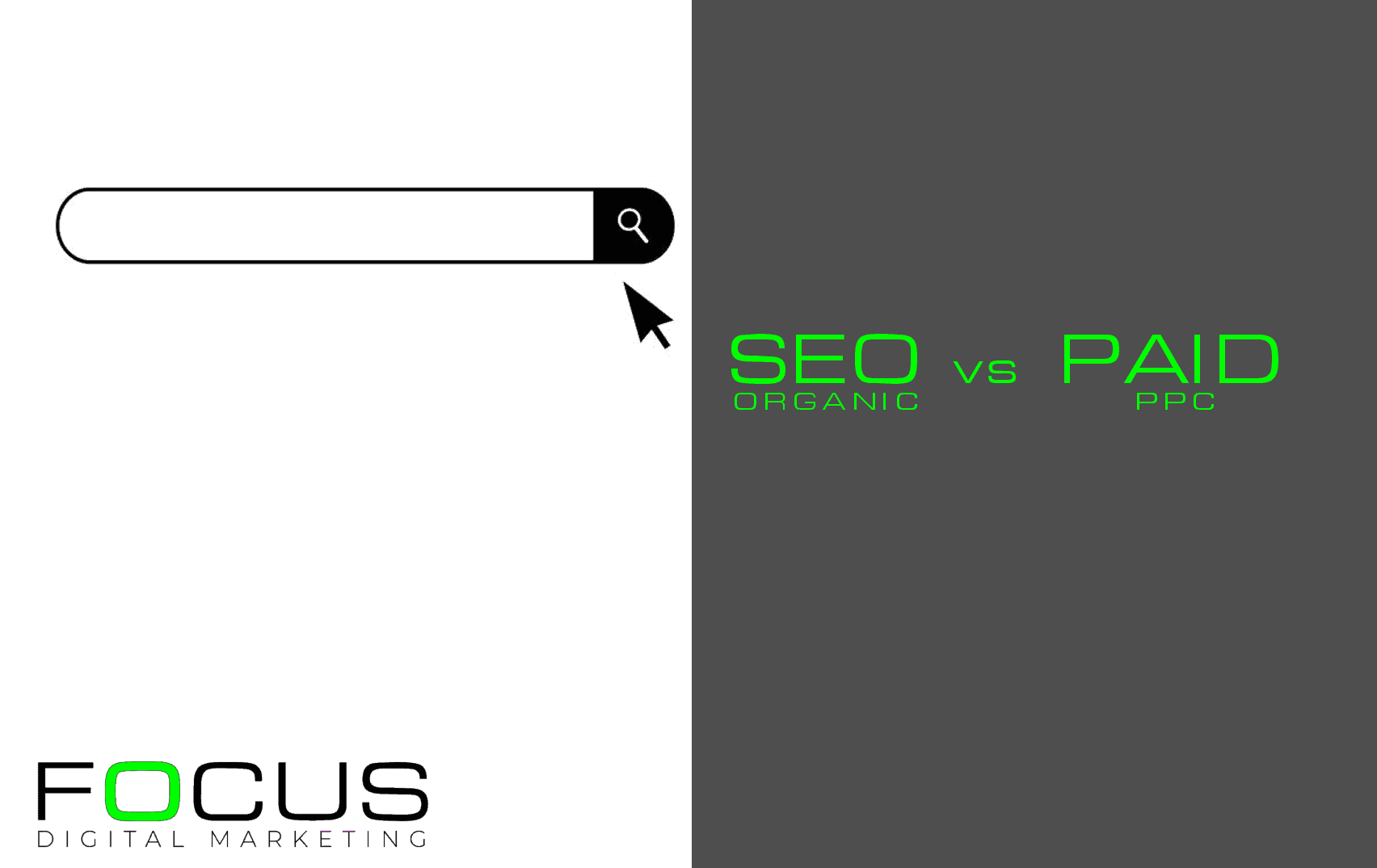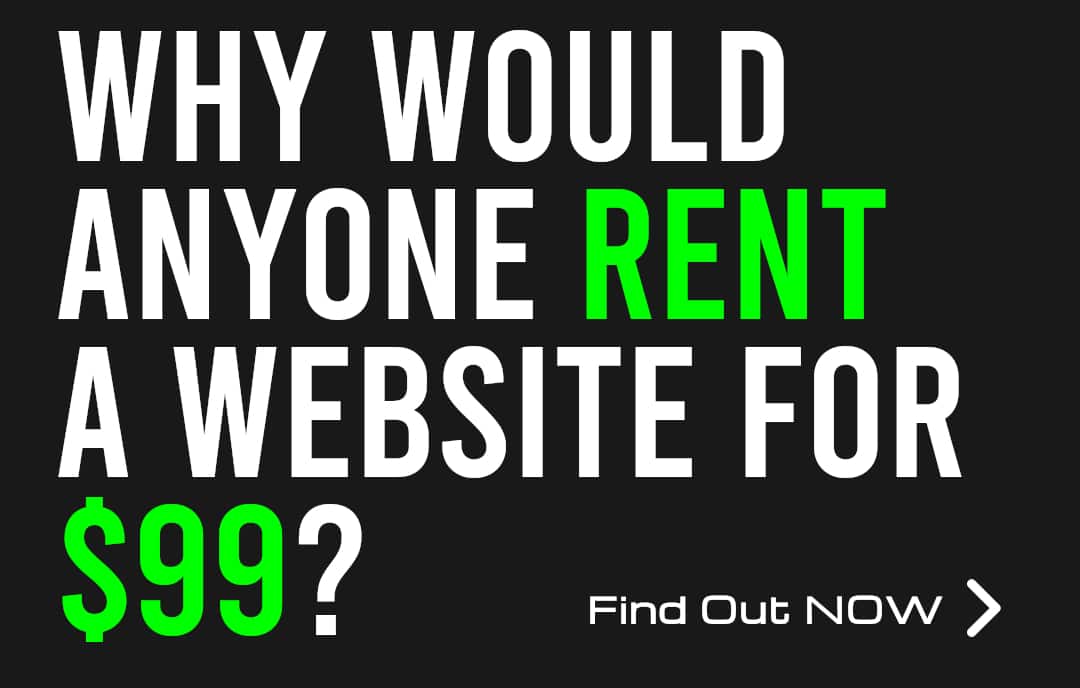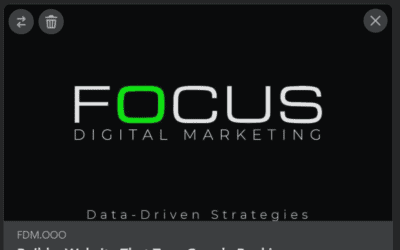The world of digital marketing is constantly evolving and presents a variety of options for businesses to reach their target audience. Two popular methods are organic website optimization and pay-per-click (PPC) advertising. Both have their benefits and drawbacks, so it’s important to understand the differences between the two in order to make the best decision for your business.

SEO vs PPC
Cost-effective: Organic website optimization is a cost-effective way to reach your target audience. Unlike PPC advertising, you don’t have to pay for each click on your website. Instead, you focus on optimizing your website and creating valuable content that will attract visitors organically.
Long-term results: The results of organic website optimization are long-lasting. Once your website is optimized and ranking high on search engine results pages, you will continue to receive traffic to your site. In contrast, PPC advertising is only effective when you are actively paying for clicks.
Increased brand credibility: A high ranking on search engine results pages can increase your brand’s credibility and trustworthiness. When people see that your website is ranking high for relevant keywords, they are more likely to trust your brand and consider your products or services.
Better user experience: Organic website optimization is all about providing a better user experience. When you optimize your website for search engines, you also improve its overall functionality, navigation, and design. This can lead to a higher conversion rate and better engagement with your target audience.
On the other hand, PPC advertising refers to the practice of paying for clicks on your website through platforms like Google AdWords or Bing Ads. The benefits of PPC advertising include:
Quick results: PPC advertising can provide quick results. Within a few days or weeks, you can start receiving traffic to your website and generate leads. In contrast, it can take months or even years to see results from organic website optimization.
Targeted audience: PPC advertising allows you to target specific keywords, geographic locations, and demographics. This makes it easier to reach your target audience and generate leads from people who are most likely to be interested in your products or services.
Measurable results: PPC advertising provides measurable results that can be easily tracked and analyzed. This makes it easy to see what is working and what isn’t, and make adjustments as needed.
Flexible budget: With PPC advertising, you have complete control over your budget. You can start with a small budget and gradually increase it as needed. This makes it easier to control your costs and avoid overspending.
In conclusion, both organic website optimization and PPC advertising have their benefits and drawbacks. Which one is right for your business will depend on your goals, budget, and target audience. If you are looking for long-term results, a higher level of credibility, and a better user experience, organic website optimization may be the better option. On the other hand, if you are looking for quick results, targeted audience, and measurable results, PPC advertising may be the right choice. The key is to understand the differences between the two and make an informed decision based on your specific needs and goals.







